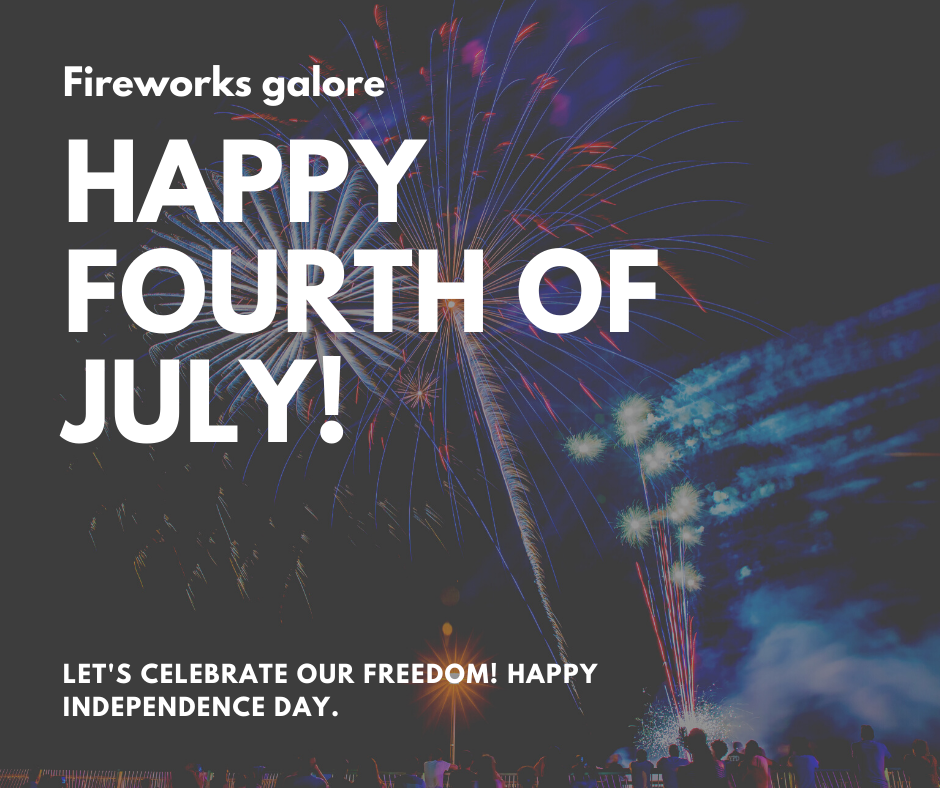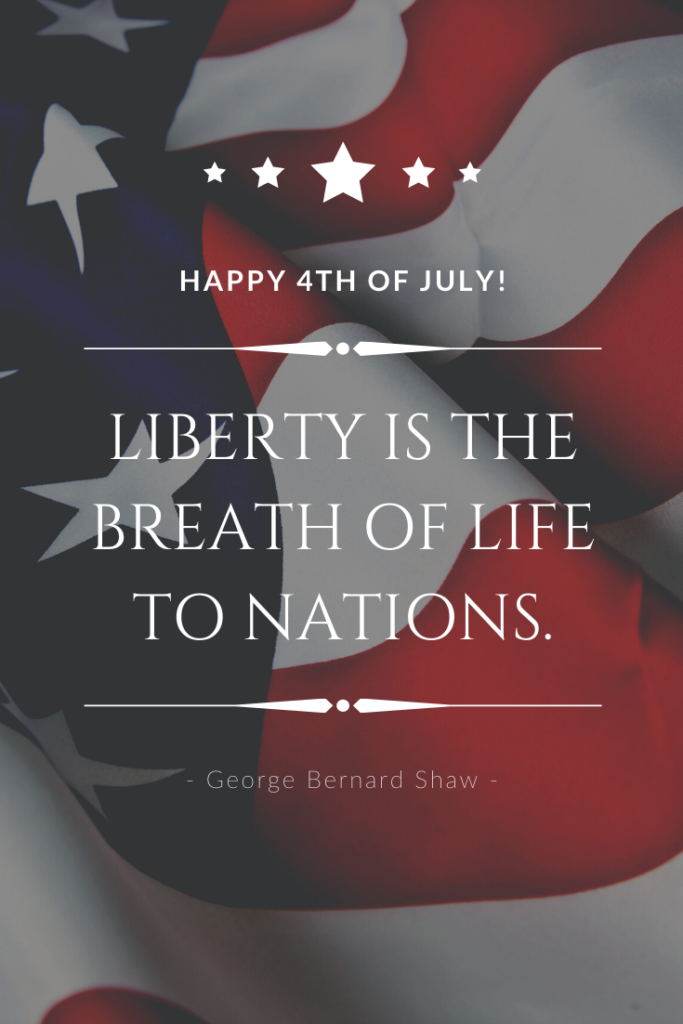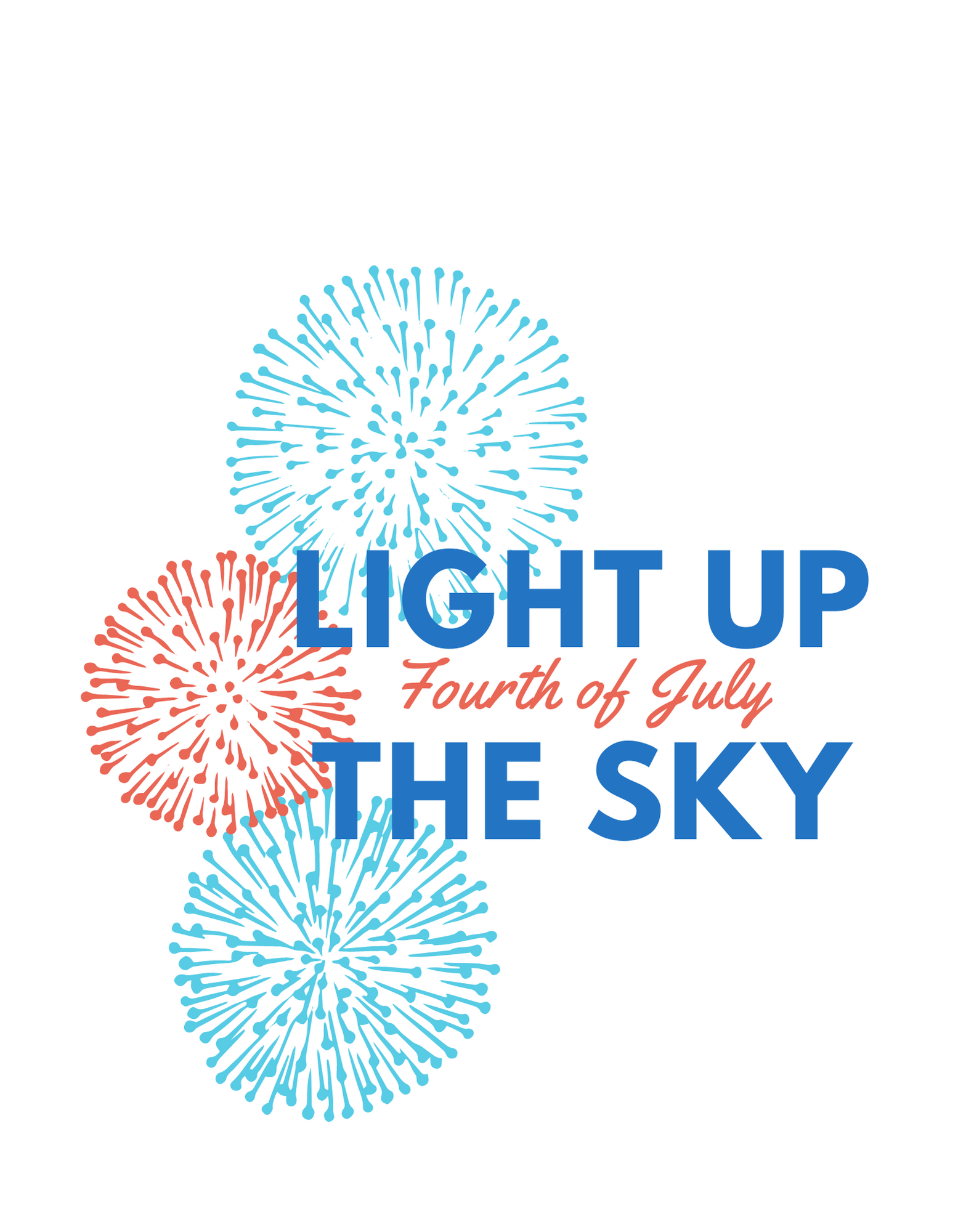As the Fourth of July arrives, lots of people are making big plans to celebrate. After a large majority of Fourth of July celebrations were canceled last year due to the Covid-19 pandemic, people are looking to go all out this year.

Now that mandates have been lifted, people are planning on celebrating like never before. Illegal fireworks, cookouts, dressing in crazy red-white-and-blue-themed clothing, and getting drunk are on the docket for many people.
The Fourth of July, also known as Independence Day, has become a subject of controversy as of late. Social issues and inequality have caused us, as a society, to somewhat re-examine the history of many of our holidays. Columbus Day was recently renamed Indigenous Peoples Day and now we celebrate the natives who inhabited this country before colonization.
Recently, the Fourth of July holiday has come under scrutiny for how it is celebrated. The main focus of the holiday is the celebration of the country’s independence from England, but what is overlooked is the fact that our country was built on the backs of slaves. This has caused some people to bring to light the history of the holiday.

Let’s take a brief look at the origins of the Fourth of July.
When colonists migrated from Britain and eventually landed in today’s America, they started their own country and started the journey to independence. The colonists still relied on Britain for supplies such as food, fabrics, and money. In fact, up until the Revolutionary War in 1775, only a small percentage of the colonists wanted full independence and they were labeled as extremists or radicals.
As the war continued into 1776, more and more colonists began wanting complete independence from Britain following growing hostilities against their former home country. On June 7, 177,6 the Continental Congress met in Philadelphia at the Pennsylvania State House to discuss the colonies’ independence.
The vote was postponed, but Congress appointed five men, including Thomas Jefferson John Adams, and Benjamin Franklin, to form a committee and draft a formal statement stating the colonies’ intentions of breaking from Britain.
On July 2, the vote was passed. This was seen as a major victory, their biggest to date. Adams was so full of elation that he wrote a letter to his wife, writing that July 2 “will be celebrated, by succeeding Generations, as the great anniversary Festival.” He would also write that the celebrations would be grandiose, adding the yearly celebrations would include “Pomp and Parade…Games, Sports, Guns, Bells, Bonfire,s and Illuminations from one End of this Continent to the other.”
While the vote took place on July 2, the Declaration of Independence was formally written two days later. From that point on, July 4 would mark the day the colonies successfully gained their independence from Britain.

Their celebrations were similar to what we do now. They had parades and bonfires, gunfire and debauchery. Fireworks were introduced soon after in 1777.
Fast forward to the 1800s and the War of 1812, which again saw Britain pitted against the United States. This war would end up being the catalyst for widespread celebrations of freedom. In 1870, U.S. Congress would officially declare and recognize the Fourth of July as a federal holiday. In 1941, the declaration was amended to grant a paid holiday to federal employees nationwide.
The Fourth of July remains a federal and paid holiday to this day. It is the country’s way of continuing the celebration of freedom our forefathers once earned. However, you choose to celebrate, be safe, be mindful of others, and celebrate responsibly.
Kris Johnson
Intern


